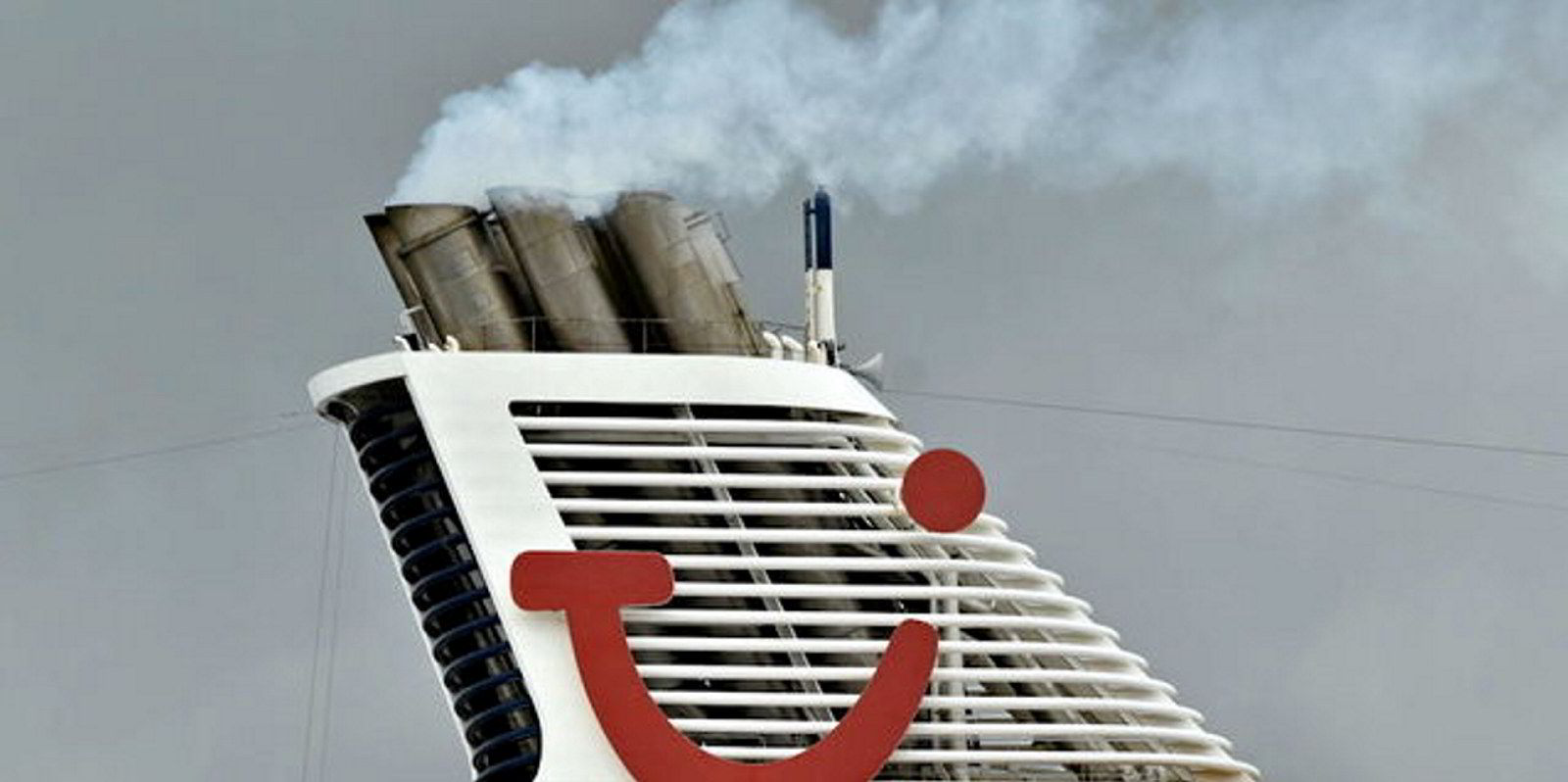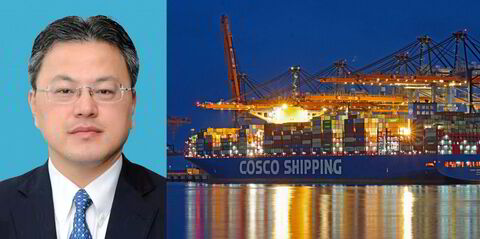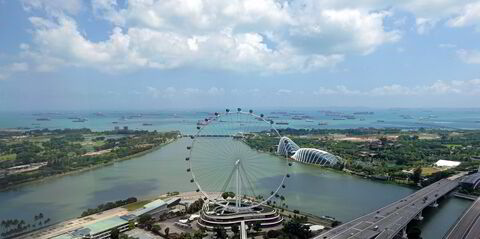Classification society American Bureau of Shipping has warned over the increasing time pressure the shipping industry is under to complete the auditing of ship energy management plans by the end of the year.
Ships are required to produce a Ship Energy Efficiency Management Plan Part III (SEEMP Part III). The plan must outline how they intend to comply with the upcoming Carbon Intensity Indicator (CII) regulation.
Under the CII regulation, ships are rated A to E based on their energy efficiency over a one-year period with the assessment starting in 2023.
ABS vice president of global sustainability Georgios Plevrakis said tens of thousands of ships need to be audited for SEEMP by the end of the year. With time running out, that could impact on the quality of plans that are produced.
“There are over 27,000 vessels that will need to have their SEEMP Part III developed and reviewed by the end of the year. Unfortunately, IMO did not leave a lot of time for shipowners to prepare their plans properly,” he said.
He pointed out that ABS is working closely with many shipowners that are taking SEEMP III very seriously and have dedicated whole teams to working out how to save energy, reduce carbon emissions and improve their CII rating. But he is concerned the clock is working against them.
“Many shipowners have established dedicated teams to work on this huge task,” Plevrakis said.
“Therefore, some owners are looking into this seriously. However, time constraints may make the task challenging, and flag administrations will be expected to provide a resolution to the forthcoming work bottleneck.”
Plevrakis said the shipping industry is very much in the “learning phase” of the new regulation.
“Owners and operators are becoming aware that the CII rating will be scrutinised by the market when discussing charter rates and they are seeking ways to take control of the situation such as live CII tracking,” he said.

In addition to the limited time remaining for shipowners, ABS is also concerned that the issue of how extended down time has a negative effect on ship CII ratings has not yet been resolved by the IMO.
In recent years ships have been forced to stop operating because of issues outside their control, such as Covid-19, port congestion and even trade disputes.
“A vessel with an A or B rating for most of the year may see an E rating because of extensive period at anchor. This is something not really captured by the CII regulation,” Plevrakis said.
He said ABS has been advising shipowners to see the CII regulation as an opportunity. He said through communication and transparency with other parties — such as ports and other elements in the logistics chain — ship energy efficiency can be improved.
“CII could improve cooperation between these different stakeholders and we have been advising our client to seek for more transparency and cooperation with other stakeholders,” he said.





